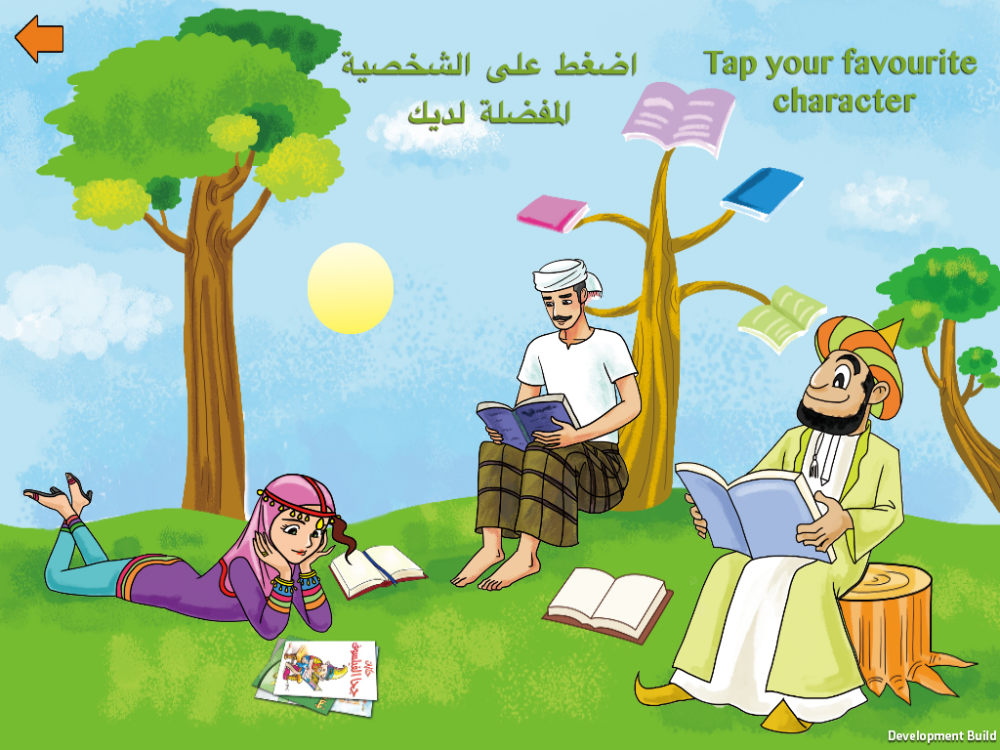In a Nutshell
At RMIT University's GEElab, we are researching how game design thinking can positively affect and alter architecture & urbanism, mobility, popular media, storytelling, engagement, other sciences as well as society itself.
From the investigation on the potential reasons for the decline of reading in Oman and the Arab countries, and the intrinsic dimensions of reading motivation thus far, it has been found that an interactive, social reading application could motivate Omani children to read for pleasure. Game mechanics are also essential to give the application a playful experience to engage the children with the reading. Finally, including features such as involving family members, sharing stories with friends, and liking each other’s stories will contribute to a society change toward reading.
Trees of Tales is a reading application that aims to provide Omani children of age eight and above with a collection of interactive stories that motivate them to read for pleasure and suits their culture. In order to improve the reading habit amongst Omanis, the Application is carefully designed to be an engaging, motivating, and enjoyable reading experience. It includes game elements, interactivity, and social features that aim to achievethese goals.
Through the application, children work with friends and family members to create new stories, which can inspire and teach them new ways of storytelling. The design of Trees of Tales first prototype is part of Fatma Alamri’s PhD project. It has been designed with support of the GEElab, Melbourne. The application is currently being tested in Oman in a public primary school. The user testing is planning to be completed by January 2014.

At RMIT University's GEElab, we are researching how game design thinking can positively affect and alter architecture & urbanism, mobility, popular media, storytelling, engagement, other sciences as well as society itself.